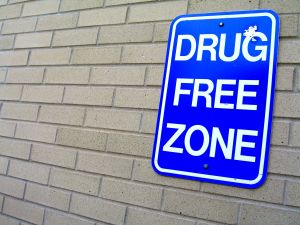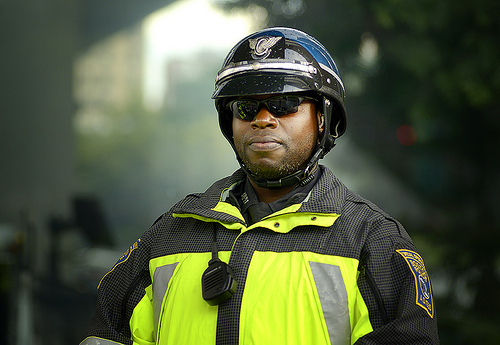 I recently came across an interesting article about the almost 5 year fallout between one man and the Boston Police over the actions of the Boston Police Department Back in 2007.
I recently came across an interesting article about the almost 5 year fallout between one man and the Boston Police over the actions of the Boston Police Department Back in 2007.
According to the article the trouble for the man started when he was on the Boston Common and saw another man being placed under arrest. When the man heard a witness state that the police were hurting the individual they were arresting he pulled out his cell phone which was equipped with a video camera and began to record the actions of the police.
These two officers, apparently unaware that we live in a free country, ordered the man to stop his perfectly legal recording. The officers were apparently stunned that the man chose not to abandon his constitutional rights in the face of their orders and arrested him for violating the Commonwealth of Massachusetts wiretapping statute.
The arrest on its face was more or less absurd. The Massachusetts wiretapping statute (G.L> c. 272, Section 99) is directed at preventing people from secretly recording one and other without consent. While the police may not have liked the man’s decision to record them there was no suggestion that he made any secret of the fact that he was doing it. Apparently he actually did the opposite as the police were able ascertain quite readily that they were being recorded, and in fact arrested the man as a result.
If the police had even a passing familiarity with this issue they would not have made this arrest. In 2001 the Commonwealth of Massachusetts’ highest court addressed this issue in the case of Commonwealth v. Hyde. In that case the SJC actually upheld the conviction of a man for taping the police that pulled him over, but they made it clear in their decision that they conviction was only allowed to stand because the man made the recording in secret. In making that decision the court stated:
The problem here could have been avoided if, at the outset of the traffic stop, the defendant had simply informed the police of his intention to tape record the encounter, or even held the tape recorder in plain sight.[12] Had he done so, his recording would not have been secret, and so would not have violated G. L. c. 272, § 99.
It’s a shame the man had to go through all the trouble that he did, and an even greater shame that the Boston Police Department has taken this long to admit the mistake that was made by its officers back in 2007.
 Massachusetts Criminal Lawyer Blog
Massachusetts Criminal Lawyer Blog


 By way of the
By way of the  As a Massachusetts OUI/DUI attorney I frequently read about cases in local papers regarding the crime of Operating Under The Influence. The
As a Massachusetts OUI/DUI attorney I frequently read about cases in local papers regarding the crime of Operating Under The Influence. The  I recently came across an artice online at Nashoba Publishing detailing a story of an alleged domestic incident that occurred in Ayer, Massachusetts. An Ayer man is now facing domestic assault and battery charges in Ayer District Court for the incident police say occurred over the weekend.
I recently came across an artice online at Nashoba Publishing detailing a story of an alleged domestic incident that occurred in Ayer, Massachusetts. An Ayer man is now facing domestic assault and battery charges in Ayer District Court for the incident police say occurred over the weekend. As a
As a  The
The  A hotly debated topic in criminal law circles is the limits on police to exercise their authority when they are off duty or outside of the jurisdiction where they are employed as officers. While some citizens are comforted by the idea that a police officer may take action at any time to exercise their authority, others see off duty police exercising their authority outside of their sworn jurisdictions to be an invitation to misconduct and potential peril.
A hotly debated topic in criminal law circles is the limits on police to exercise their authority when they are off duty or outside of the jurisdiction where they are employed as officers. While some citizens are comforted by the idea that a police officer may take action at any time to exercise their authority, others see off duty police exercising their authority outside of their sworn jurisdictions to be an invitation to misconduct and potential peril.